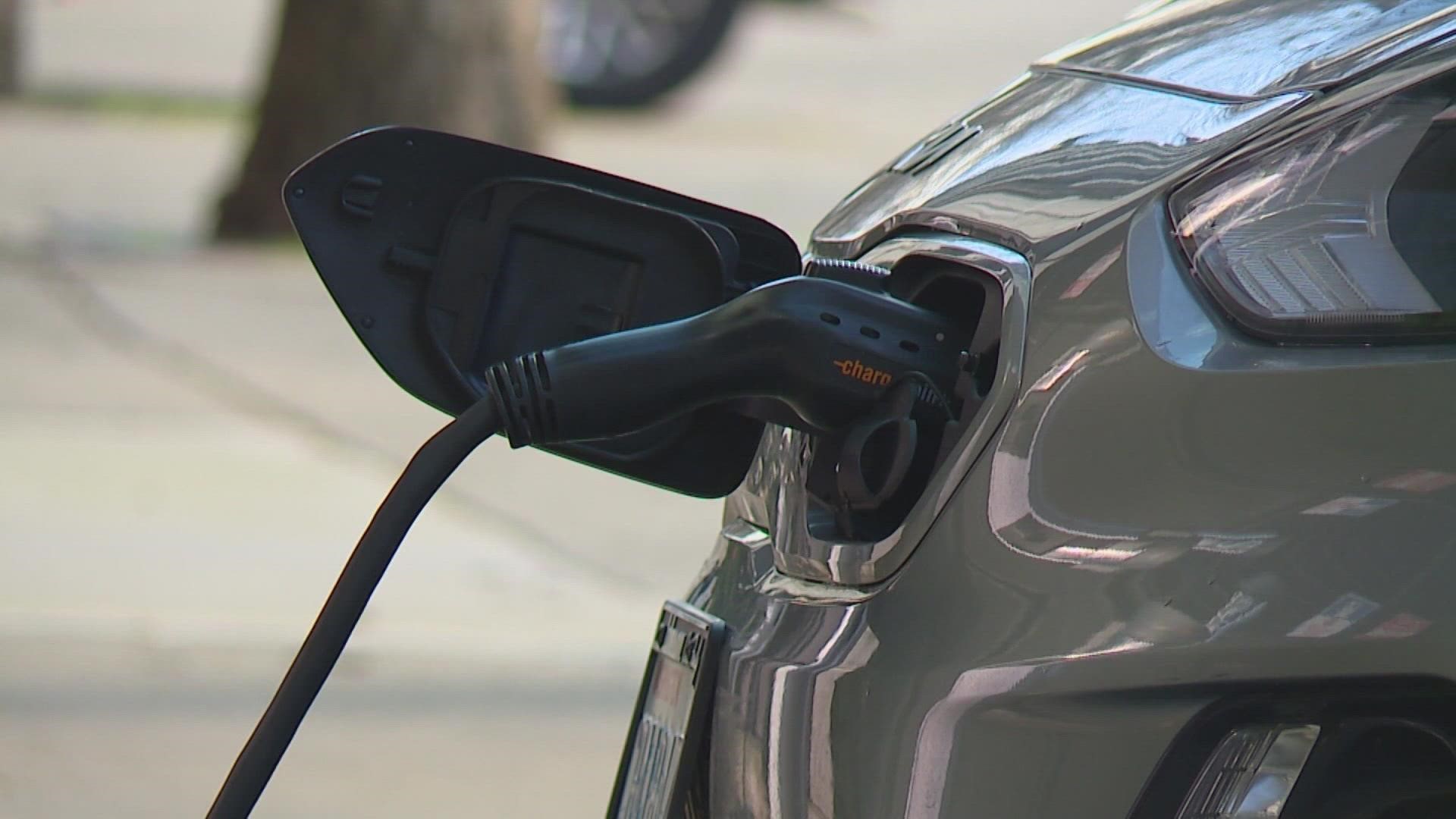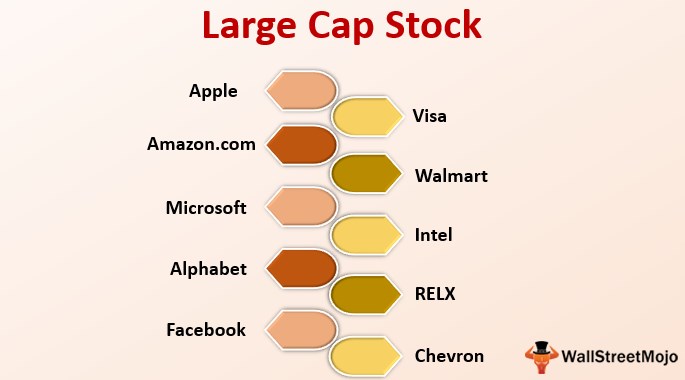Increased Opposition From Car Dealers To Electric Vehicle Regulations

Table of Contents
Financial Concerns Driving Dealer Resistance to EV Regulations
The financial implications of transitioning to an EV-centric market are significant for car dealerships. Adapting to this new landscape requires substantial investment and operational changes, creating significant financial pressure. These financial concerns are a primary driver of the opposition to stricter EV regulations.
- High initial investment costs for EV charging infrastructure: Installing and maintaining adequate EV charging infrastructure represents a considerable upfront investment for dealerships, especially for those with limited space or older facilities. This requires significant capital expenditure, potentially impacting profitability in the short-term.
- Need for specialized training and tools for EV repair and maintenance: EVs require specialized tools, training, and technicians, unlike traditional gasoline vehicles. This necessitates significant investment in training programs and specialized equipment, adding further financial strain on dealerships.
- Lower profit margins on EV sales compared to traditional vehicles (initially): While this is changing, the initial profit margins on EV sales have historically been lower than those on gasoline-powered vehicles. This is due to factors such as higher manufacturing costs and the need to compete in a rapidly evolving market.
- Uncertainty about future EV demand and government incentives: The fluctuating nature of government incentives and subsidies, coupled with uncertainties regarding future EV demand, adds to the risk for dealerships. This makes long-term financial planning challenging and contributes to hesitancy in investing heavily in EV infrastructure and training.
- Potential losses due to decreased sales of gasoline vehicles: As EV adoption increases, sales of gasoline vehicles are expected to decline. This potential loss of revenue stream is a significant concern for dealerships heavily reliant on the sale of traditional vehicles.
Challenges in Adapting Sales Strategies for Electric Vehicles
Selling electric vehicles presents unique challenges that require a significant shift in sales strategies and customer engagement. Dealerships must adapt to cater to a new consumer base with different needs, expectations, and concerns.
- Educating customers about EV technology, charging infrastructure, and range anxiety: Many potential EV buyers have concerns about the technology, charging infrastructure availability, and range anxiety. Dealerships need to effectively address these concerns to build customer confidence and promote EV adoption.
- Marketing electric vehicles effectively to a potentially hesitant consumer base: Marketing EVs effectively requires specialized strategies that emphasize the benefits and address the common concerns of potential buyers. This differs significantly from traditional car marketing campaigns.
- Training sales staff to confidently address customer concerns and sell the benefits of EVs: Sales personnel require specialized training to confidently answer customer questions about EV technology, performance, and charging infrastructure. This ensures that potential buyers receive accurate information and feel comfortable making a purchase.
- Understanding and adapting to evolving consumer preferences and purchasing behaviour: The EV market is rapidly evolving, with consumer preferences and purchasing behaviour constantly changing. Dealerships must stay updated and adapt their strategies accordingly to remain competitive.
Concerns About Government Support and Policy Inconsistency for EVs
Inconsistent or insufficient government support plays a significant role in fueling dealer opposition to stricter EV regulations. Dealerships require clear, long-term policy frameworks to make informed investment decisions and navigate the transition effectively.
- Lack of clear, long-term policy on EV mandates and incentives: The absence of a consistent and long-term policy creates uncertainty for dealerships, making it difficult to plan investments and adjust business models effectively.
- Insufficient funding for EV charging infrastructure development: The lack of adequate funding for public EV charging infrastructure hinders the growth of the EV market. Dealerships are hesitant to invest heavily in private charging infrastructure without assurance of sufficient demand.
- Concerns about fluctuating government subsidies and their impact on profitability: Frequent changes in government subsidies and tax credits create uncertainty for dealerships, impacting their ability to forecast profitability and make investment decisions.
- Uncertainty surrounding future regulations and their implications for dealerships: The lack of clarity about future regulations adds to the uncertainty and makes it difficult for dealerships to plan their long-term strategies for EV adoption.
The Impact of Existing Franchise Agreements and Dealer Networks
The existing structure of franchise agreements and dealer networks can also hinder a smooth transition to electric vehicles. These factors introduce additional complexities and potential conflicts that need to be addressed.
- Potential conflicts between manufacturers and dealerships regarding EV sales targets: Disagreements between manufacturers and dealerships over EV sales targets can create tensions and hinder the effective implementation of EV sales strategies.
- Difficulties in adapting existing dealership infrastructure and processes to accommodate EVs: Adapting existing dealership facilities and processes to meet the needs of EV sales and service can be challenging and expensive, often requiring significant renovations or new infrastructure.
- Negotiation of new agreements and contracts related to EV sales and service: The transition to EVs requires new agreements and contracts between manufacturers and dealerships, which can be a complex and time-consuming process.
Conclusion:
The increased opposition from car dealers to electric vehicle regulations stems from a combination of factors: significant financial burdens associated with adapting to the EV market, the challenges of adjusting sales strategies to meet evolving consumer needs, and concerns about inconsistent government support and policies. Addressing these concerns is crucial for a successful transition to electric vehicles and the achievement of broader clean energy goals. Finding solutions requires collaboration between government bodies, manufacturers, and dealerships. Constructive dialogue, focusing on addressing financial concerns, providing comprehensive support for infrastructure development, and ensuring consistent and clear policies surrounding EV regulations, is essential to overcome this opposition and accelerate the adoption of electric vehicles. Let's work together to find effective electric vehicle regulations that benefit everyone involved and pave the way for a sustainable future.

Featured Posts
-
 Nyt Strands March 3 2025 Complete Answers And Hints
Apr 29, 2025
Nyt Strands March 3 2025 Complete Answers And Hints
Apr 29, 2025 -
 Country Music Stars Son Caretaker Claims Denied By Mother
Apr 29, 2025
Country Music Stars Son Caretaker Claims Denied By Mother
Apr 29, 2025 -
 Canoe Awakening Celebration Details From The Culture Department
Apr 29, 2025
Canoe Awakening Celebration Details From The Culture Department
Apr 29, 2025 -
 Trumps Potential Pardon Of Pete Rose A Look At The Mlb Betting Ban
Apr 29, 2025
Trumps Potential Pardon Of Pete Rose A Look At The Mlb Betting Ban
Apr 29, 2025 -
 Strong Reliance Earnings Implications For Indias Large Cap Stock Performance
Apr 29, 2025
Strong Reliance Earnings Implications For Indias Large Cap Stock Performance
Apr 29, 2025
